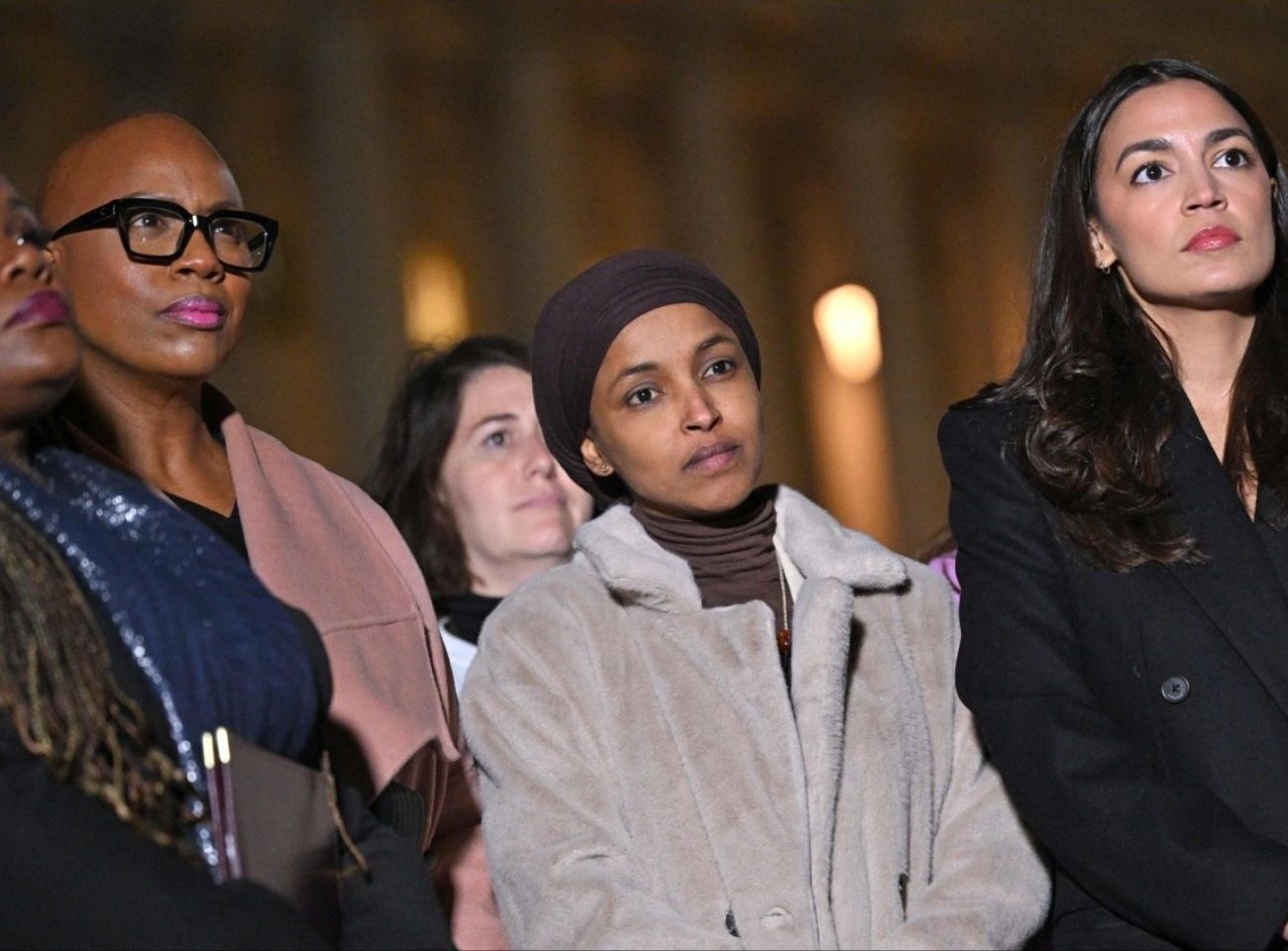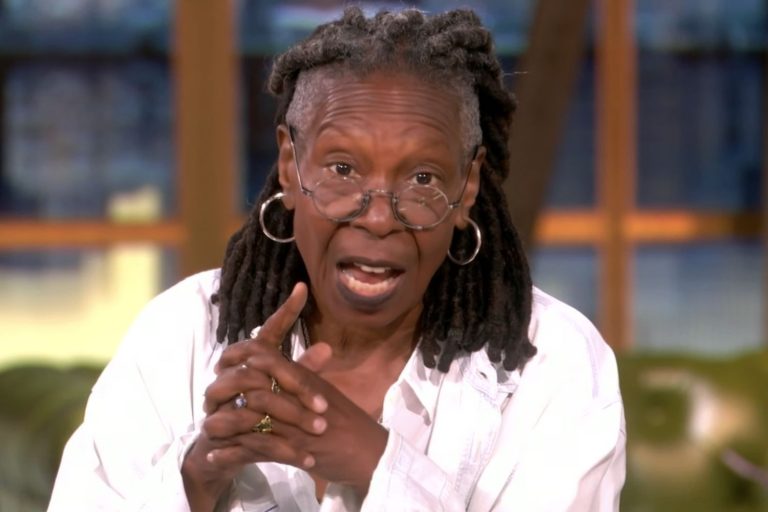Cori Bush’s Primary Defeat Marks a Major Shift in Missouri Politics
Missouri Congresswoman Cori Bush, one of the most outspoken progressive Democrats in Washington and a prominent member of the so-called “Squad,” lost her re-election bid Tuesday night to Wesley Bell, the St. Louis County Prosecutor.
According to Decision Desk HQ, Bell secured 54.9% of the vote, while Bush received 41.8%, with nearly all precincts reporting. The loss marks a significant change in Missouri’s 1st Congressional District, which includes St. Louis City and parts of surrounding St. Louis County.
Bush’s defeat follows that of fellow Squad member Rep. Jamaal Bowman (D-NY) earlier in the summer, suggesting a shift in voter sentiment against the progressive bloc that rose to national prominence during the Trump years.
From Activism to Congress
Cori Bush’s political rise began during the 2014 Ferguson protests after the police shooting of Michael Brown. Then a nurse and community activist, Bush became a recognizable face in the nationwide movement calling for racial justice and police reform.
She first challenged longtime Democratic Rep. William Lacy Clay Jr. in 2018 but lost narrowly. Two years later, riding a wave of progressive enthusiasm and national support from the Justice Democrats, she unseated Clay and became the first Black woman to represent Missouri in Congress.
Her tenure in Washington was defined by strong progressive stances on policing, foreign policy, housing, and healthcare, often putting her at odds with the more moderate wing of her party. Bush was a vocal advocate for defunding police departments and reallocating funds to community programs — a stance that drew both praise and criticism as violent crime rose in major U.S. cities.
A Challenging Re-Election Landscape
Polls leading up to Tuesday’s primary had suggested that Bush faced significant headwinds. Wesley Bell, a former public defender and city councilman before becoming St. Louis County’s top prosecutor, positioned himself as a pragmatic progressive, focused on results rather than rhetoric.
Bell emphasized public safety, affordable housing, and economic opportunity while avoiding divisive slogans that had become politically toxic in swing areas. His campaign also benefited from substantial fundraising support, including contributions from groups concerned about the Squad’s vocal criticism of Israel.
Bush, meanwhile, struggled to maintain the same grassroots enthusiasm that had propelled her to office in 2020. Her campaign finance reports showed fewer small-dollar donations and more scrutiny over her use of campaign funds for private security services — including payments to her husband.
She denied any wrongdoing, calling the allegations politically motivated, but the controversy became a recurring theme in local media coverage.
https://twitter.com/libsoftiktok/status/1821034731632206220
The Role of Israel-Gaza Tensions
The Israel–Hamas war became a major fault line in Democratic politics, and Bush’s outspoken criticism of Israel’s military actions after the October 7 attacks drew backlash from many in her district.
She was one of a handful of lawmakers to vote against resolutions expressing support for Israel, instead calling for a ceasefire and accusing the government of “genocide” — statements that alienated some Jewish voters and moderate Democrats.
Following the Hamas attacks, Bush’s participation in pro-Palestinian rallies and her comments linking U.S. aid to Israel to “oppression” drew condemnation from both Republicans and members of her own party.
Bell, in contrast, took a more measured tone, condemning Hamas’s terrorism while supporting humanitarian aid for Palestinian civilians. Analysts believe that contrast helped him attract voters uncomfortable with Bush’s more confrontational rhetoric.
Republican Reactions and Online Mockery
As results came in Tuesday night, prominent conservatives quickly took to social media to celebrate Bush’s defeat.
Comedian Terrance K. Williams, known for his pro-Trump commentary, posted on X: “A ‘BLACK JOB’ IS SOMETHING CORI BUSH DOES NOT HAVE. OH HAPPY DAY! She is the second Squad member to lose her seat! I can’t wait until they are all gone.”
Rep. Matt Gaetz (R-FL), who serves with Bush on the House Judiciary Committee, wrote sarcastically, “I will miss Cori Bush missing every committee meeting.”
Ryan Fournier, co-founder of Students for Trump, added: “The Squad’s Cori Bush has LOST her primary. Join me in saying GOOD RIDDANCE!”
Actor Michael Rapaport, a vocal supporter of Israel, referenced Vice President Kamala Harris’s recent rally with her running mate, Minnesota Gov. Tim Walz, writing: “They said let’s bring back joy to politics — and boom, Cori Bush is done. I feel joy all of a sudden.”
The online reaction highlighted how Bush’s political style — passionate, confrontational, and unapologetically leftist — made her both a symbol of progressive activism and a lightning rod for conservative ridicule.
Bush Responds to Her Loss
In a brief concession statement, Bush thanked her supporters and vowed to continue fighting for “racial, social, and economic justice.”
“This movement has never been about one election or one seat,” she said. “It’s about transforming a system that continues to leave too many people behind. We didn’t start this to stop now.”
Bush also criticized what she called the “unprecedented influence of outside money” in the race, echoing claims from other progressive incumbents that organizations such as AIPAC (the American Israel Public Affairs Committee) had targeted them for defeat.
Bell, speaking to supporters in St. Louis, struck a unifying tone. “This campaign was about bringing people together,” he said. “We can have progress without polarization. We can stand up for justice while also keeping our communities safe.”
What Bush’s Loss Means for the Democratic Party
Political observers view Bush’s defeat as part of a broader recalibration within the Democratic Party. The rise of the Squad in 2018 symbolized the energy of a new generation of progressive lawmakers pushing the party to the left.
But as Democrats prepare for the 2026 midterms, some strategists believe the movement’s more polarizing figures have struggled to maintain momentum outside liberal urban centers.
“Voters are signaling they want problem-solvers, not provocateurs,” said political analyst Dr. Karen Lewis of the University of Missouri. “Bush’s loss doesn’t erase the movement she represents, but it shows that slogans alone may not be enough in districts where people want tangible results.”
For now, the Missouri race underscores how local concerns — public safety, housing, and district engagement — can outweigh national ideological battles. Wesley Bell will face minimal opposition in November in the heavily Democratic district, effectively securing his seat in Congress.
A Shift but Not the End
Despite her defeat, Cori Bush remains an influential voice in progressive circles. Her activism and advocacy around police reform, healthcare access, and environmental justice have inspired a generation of young organizers.
Still, her loss — along with Bowman’s — marks a turning point. Whether this represents the decline of the Squad’s influence or simply a reshuffling within progressive politics remains to be seen.
As one political strategist put it Tuesday night, “The Squad started as a statement — now voters are deciding how that statement fits into the next era of Democratic politics.”

Sarah Mitchell is a bestselling novelist recognized for her insightful and emotionally resonant stories that explore the complexities of human relationships. Originally from Denver, Colorado, Sarah grew up in a family of teachers who nurtured her curiosity and love for storytelling. She studied psychology at Stanford University, where she became fascinated by the intricacies of human behavior—an interest that would later shape her writing career. Sarah’s novels are praised for their nuanced characters, intricate plots, and ability to capture the subtle tensions that define love, friendship, and family ties. Her breakthrough novel, The Spaces Between Us, became an instant bestseller, lauded for its honest portrayal of strained family relationships and the fragile bonds that hold people together. Since then, she has published several works that continue to captivate audiences around the world. Outside of her writing career, Sarah is passionate about mental health advocacy and often partners with organizations to promote awareness and support for those struggling with emotional well-being. Her personal life is quieter—she enjoys hiking in the Colorado mountains, practicing yoga, and spending time with close friends. With each new book, Sarah Mitchell cements her reputation as a writer who illuminates the beauty and struggles of human connection.









